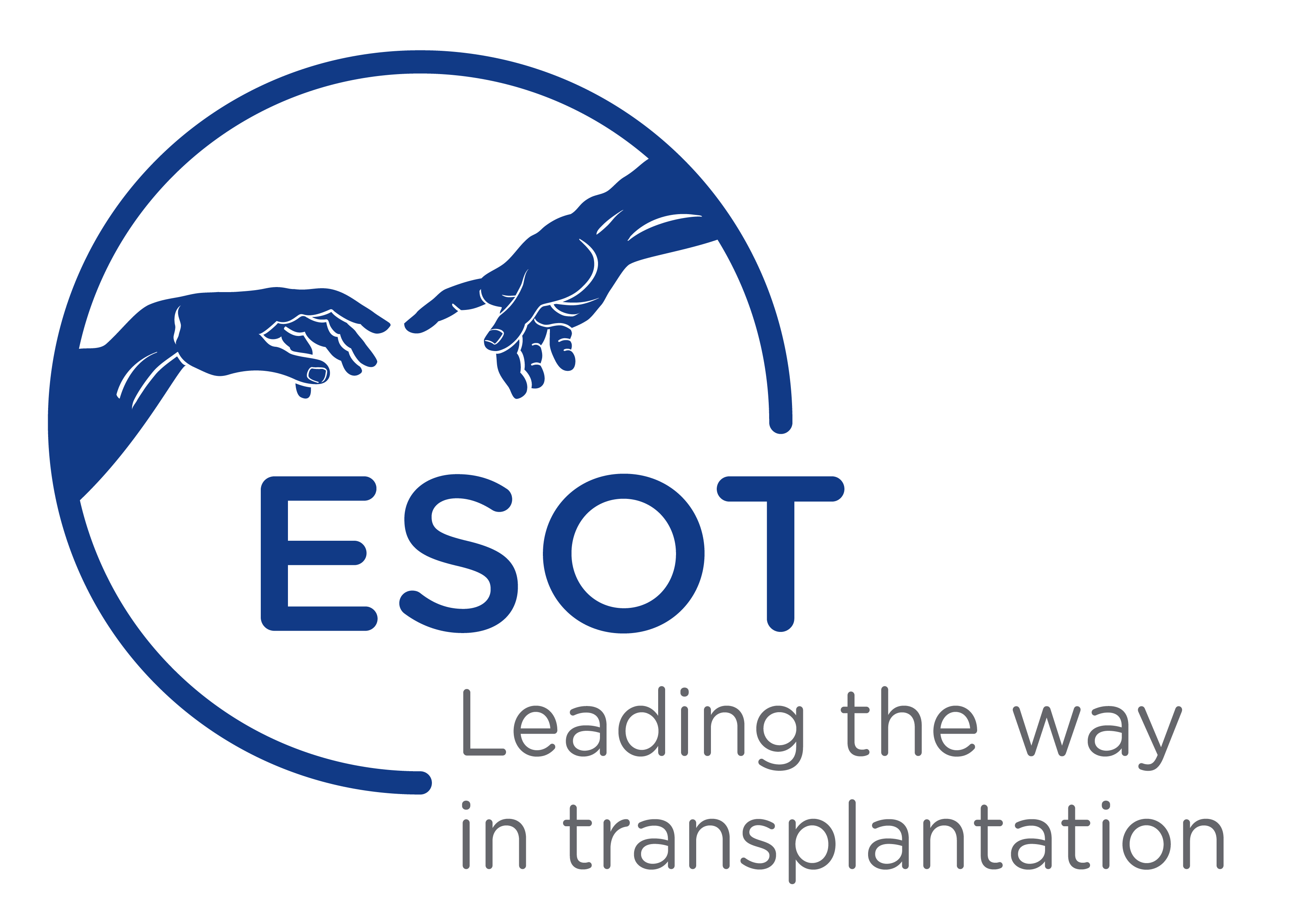The occurrence of a peripheral organ disease may have an impact on brain functioning, with a higher probability that a neurological complication arises during the end stage of the vital organ disease, when the patient can be eligible for a solid organ transplant. After the transplant, despite the restoration of the peripheral organ function, Solid Organ Transplant (SOT) recipients are still a highly vulnerable population for peri-operative neurological complications, mainly, but not only, related to neurotoxicity from immunosuppressant drugs. A stronger connection between neurology and other specialities is desirable, building a necessary interdisciplinary field when not already implemented in hospitals to set up together standardised procedures and guidelines for clinicians dealing with neurological complications or comorbidities in SOT candidates/recipients.
The aims of the proposed survey are to explore:
The aims of the proposed survey are to explore:
- If and in which circumstances, neurologists are involved, by the transplant teams, involved in the evaluation of solid organ transplant candidates and recipients;
- If transplant teams involve neurologists in multidisciplinary discussions on transplant eligibility after having evaluated a SOT candidate with a neurological comorbidity or complication, such as cognitive impairment;
- If transplant teams involve neurologists in the diagnosis and management of acute or chronic neurological complications occurring peri-operatively after the transplant;
- Ongoing research projects in the field of neurology of systemic diseases, brain-body cross-talk and/or solid organ transplant;
- Any clinical and educational needs in the field of neurology in the transplantation setting
The survey will take you about 8-10 minutes to complete. Your time and input will be highly appreciated.
